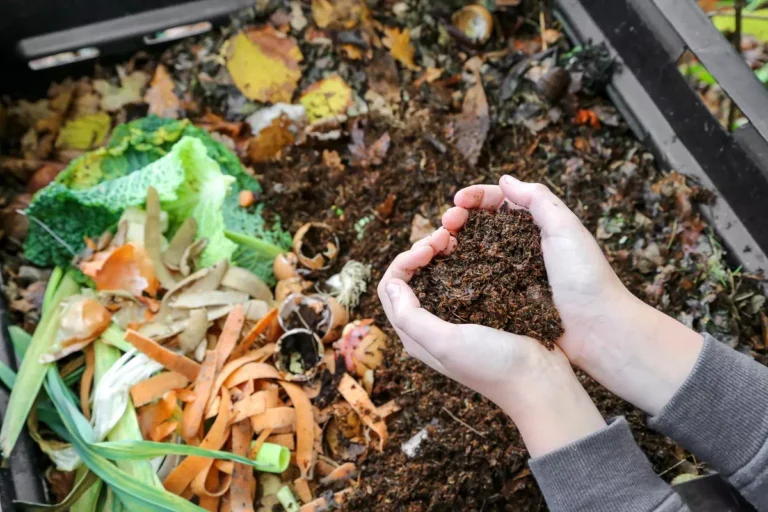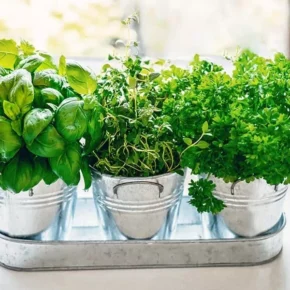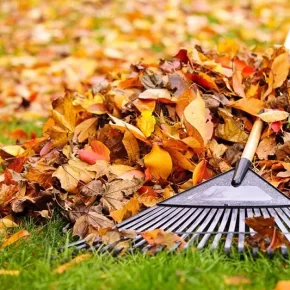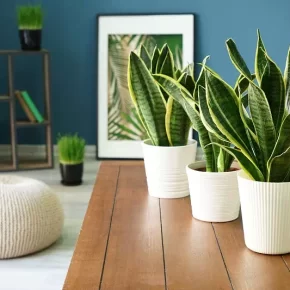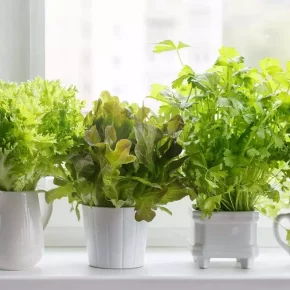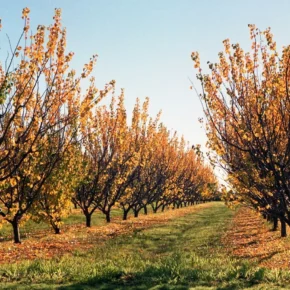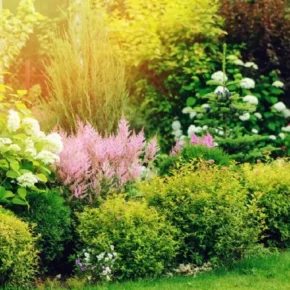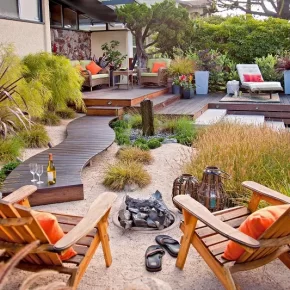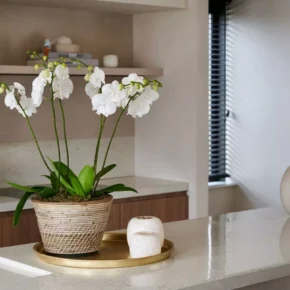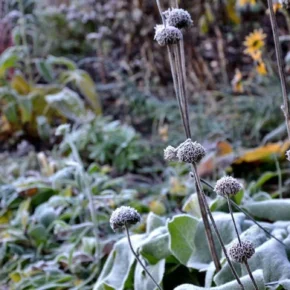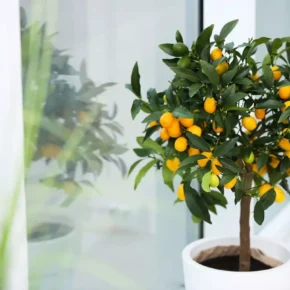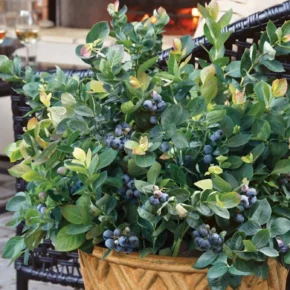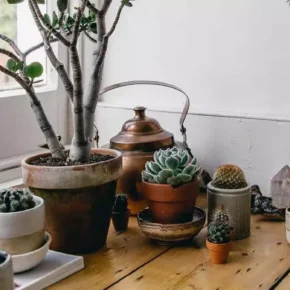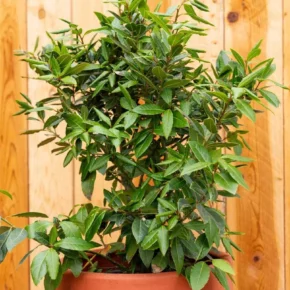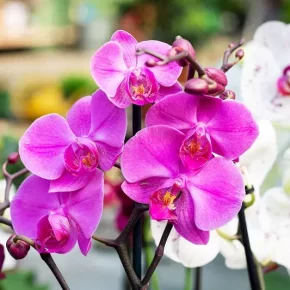Compost is an environmentally friendly and nutritious fertilizer that can be easily prepared at home from organic waste. Using your own compost helps to reduce the amount of garbage, enriches the soil with useful substances and supports the natural cycle of plant growth.
If you have a garden, vegetable garden, or even houseplants, composting is a great way to provide them with natural nourishment.
1. What is compost and why is it important?
Compost is an organic fertilizer that comes from the natural decomposition of organic waste, such as food scraps, plant clippings, and other natural materials. It helps to improve the structure of the soil, increases its water permeability and enriches the soil with useful trace elements.
2. What can be used for compost?
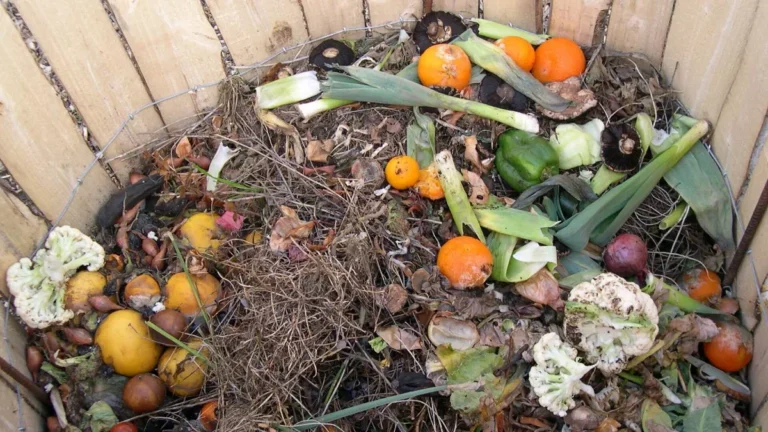
A variety of organic materials are suitable for making compost. They can be conditionally divided into two categories: green and brown materials.
- Green materials: These are wastes that are rich in nitrogen. This includes the remains of vegetables and fruits, freshly cut grass, coffee grounds, tea bags and withered flowers.
- Brown materials: These are rich in carbon and help maintain balance in the compost. These are dry leaves, straw, sawdust, paper towels, cardboard and eggshells.
3. What can not be used for compost?
There are several materials that should not be added to compost because they can cause unpleasant odors, attract pests, or slow down the decomposition process:
- Meat, fish and other animal products.
- Dairy products.
- Butter and fats.
- Sick or infected plants.
- Faeces of domestic animals.
4. How to organize a place for composting?
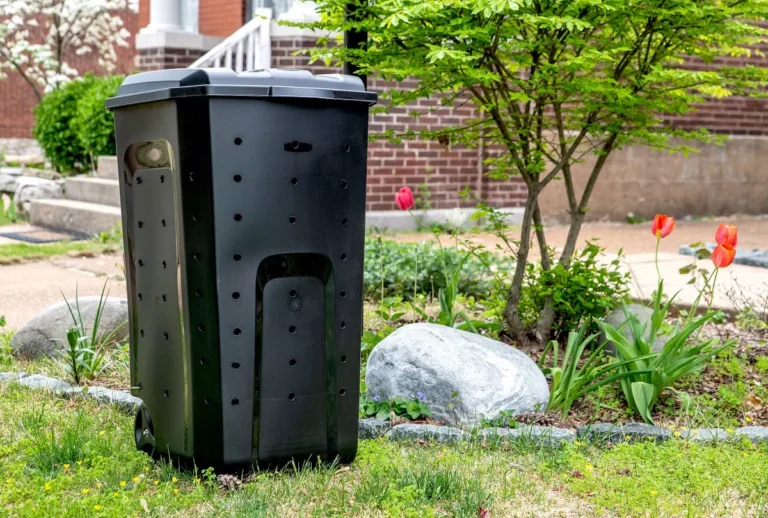
To start composting, you will need a dedicated compost bin or location. There are several options for organizing space for composting:
- Compost pile: If you have a garden or yard, you can create an outdoor compost pile. It is important to place it away from living spaces and cover it to avoid excessive humidity.
- Compost container: these are special containers with ventilation holes that allow you to maintain optimal conditions for decomposition. Compost bins are convenient if you have limited space.
- Apartment composter: For those who live in an apartment, there is an option to purchase a compact composting container that can be used even indoors.
5. The process of creating compost
For the composting process to be effective, it is necessary to maintain the right balance between green and brown materials. Follow these simple steps:
- Layering: Start by layering green and brown materials. Each new layer of green waste (food scraps, grass) must be covered with a layer of brown waste (dry leaves, paper).
- Moisture: Compost should be moist but not wet. If you notice that the compost is drying out, moisten it slightly with water. Excessive moisture can cause rotting of materials.
- Stirring: Compost should be stirred from time to time to ensure aeration and even decomposition of organic materials. It also helps to avoid unpleasant odors.
- Ripening time: Compost matures in an average of 3 to 6 months, depending on conditions and materials. When the compost is dark and crumbly and the materials have completely decomposed, it is ready for use.
6. Use of compost
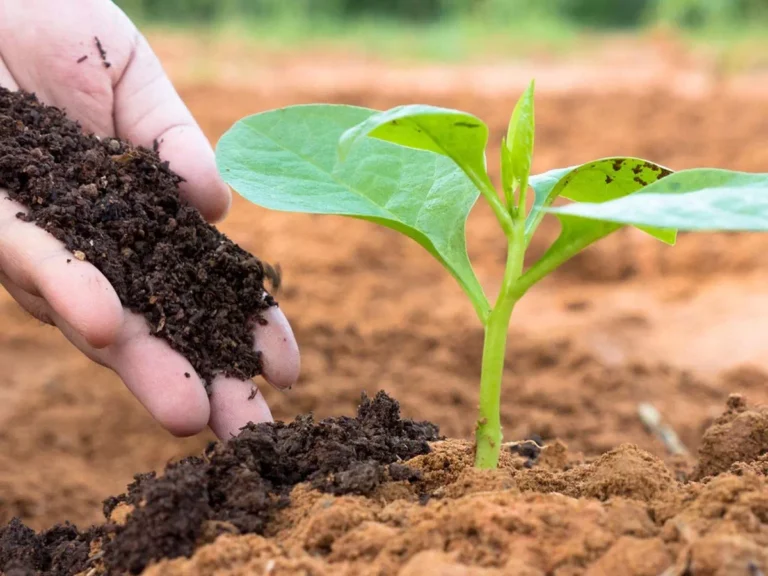
Ready compost can be used as a fertilizer for the garden, vegetable garden, indoor plants and even for lawns. It improves the structure of the soil, retains moisture and provides plants with the necessary nutrients.
7. Advantages of composting
Composting has many advantages:
- Environmental friendliness: helps reduce the amount of organic waste that ends up in landfills.
- Savings: homemade compost is a free alternative to chemical fertilizers.
- Soil improvement: Compost increases soil fertility, makes it more water permeable and promotes the development of beneficial microorganisms.
Composting is a simple and useful way to turn organic waste into valuable fertilizer for your garden or houseplants. Not only does it help preserve the environment, but it also provides your plants with the nutrients they need for healthy growth.

